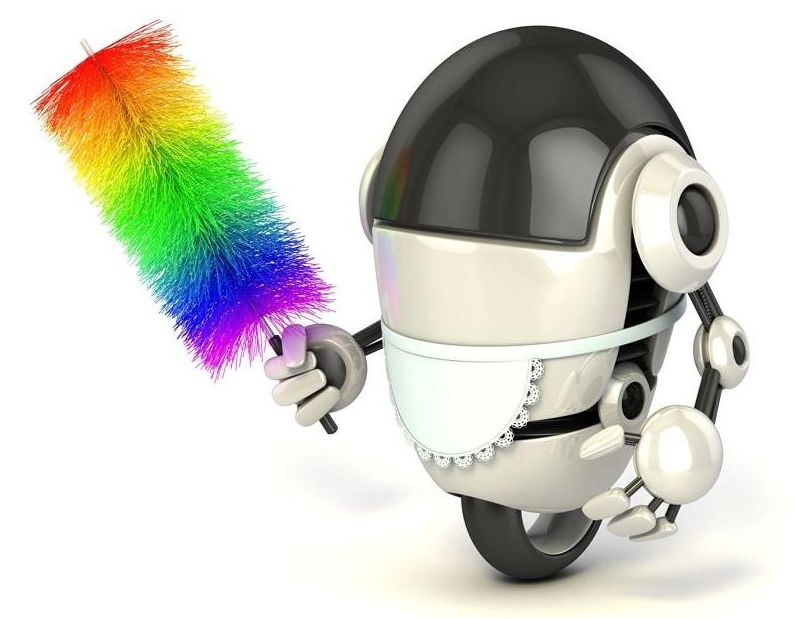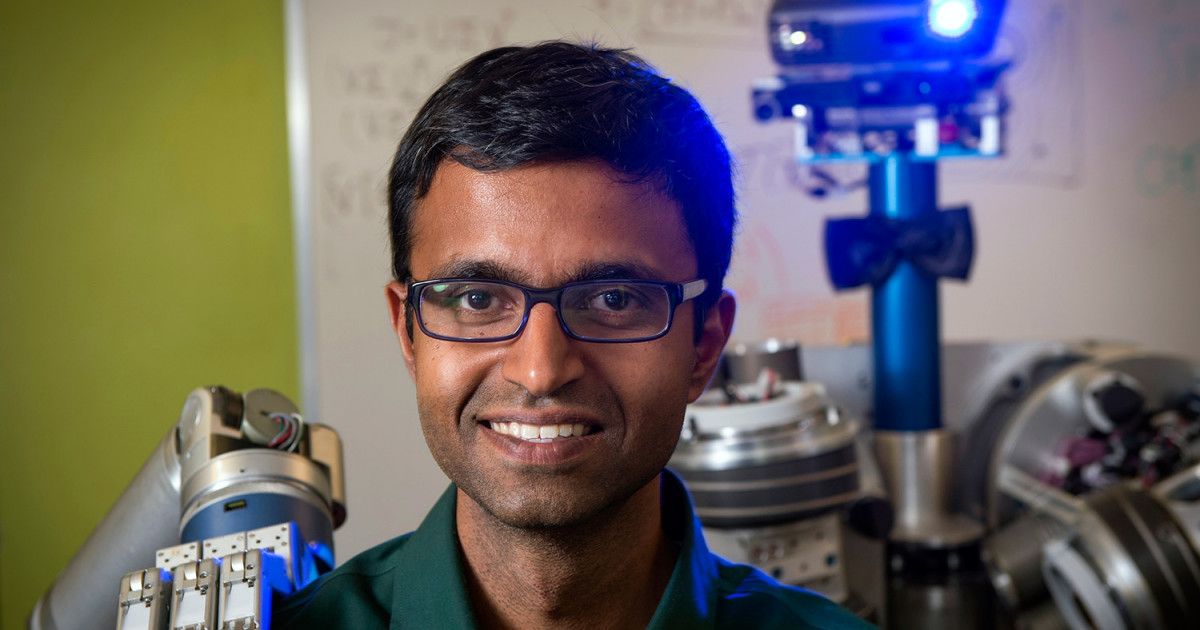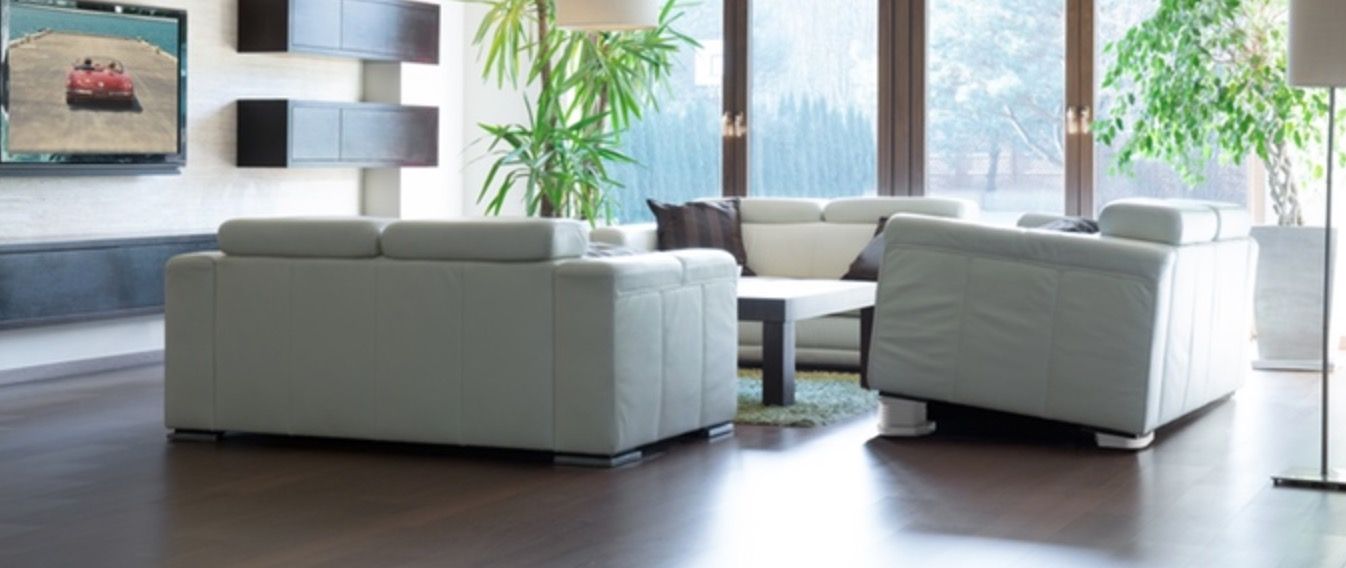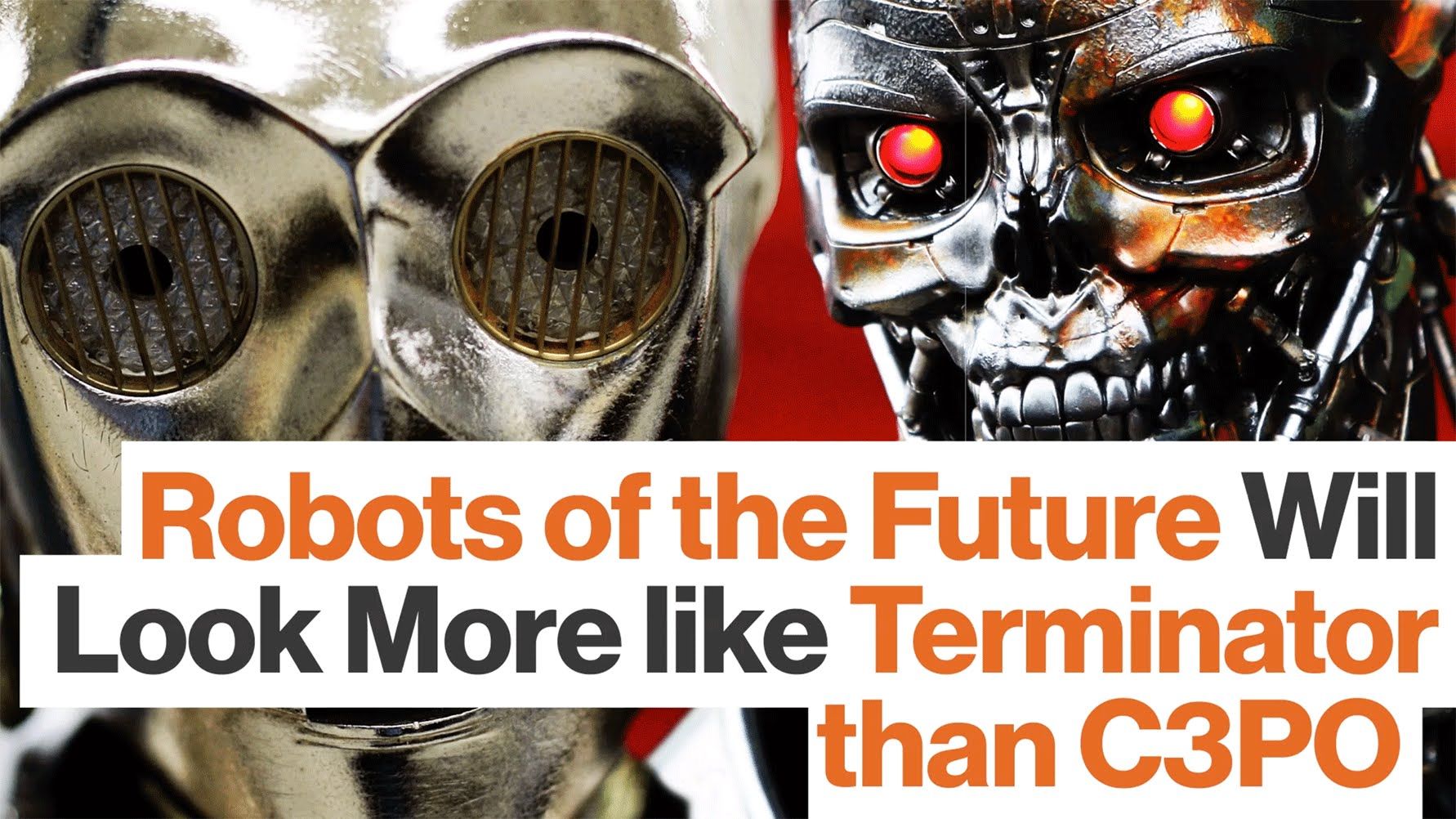“No offense; but your robots are ugly”
Robots today (especially for home and care giver usage) will need to improve drastically. We’re still designing robots like the are a CPU for homes which frankly freaks some kids out, scares some of the elderly population that it’s too fragile to operate, and my own cat will not come near one. If robotics for home use is ever going to be adopted by the large mass of the population they will need to look less like they are a robot part of a manufacturers’s assembly line, will need a softer/ low noise sound with volume controls for those with hard of hearing, will need modifications for the deaf and blind, will all need to be a multi purpose robot that can do 2 or more types of work inside the home vacumn/ dust/ cook/ wash dishes/ wash clothes, etc., not complicated to set up and operate, reliable (not needing repairs all the time & not over heat), less bulky, better sensors to determine stairs and can climb stairs, etc.
From mowing the lawn to cooking dinner, experts say automatons are set to take over some of our most tedious tasks.







